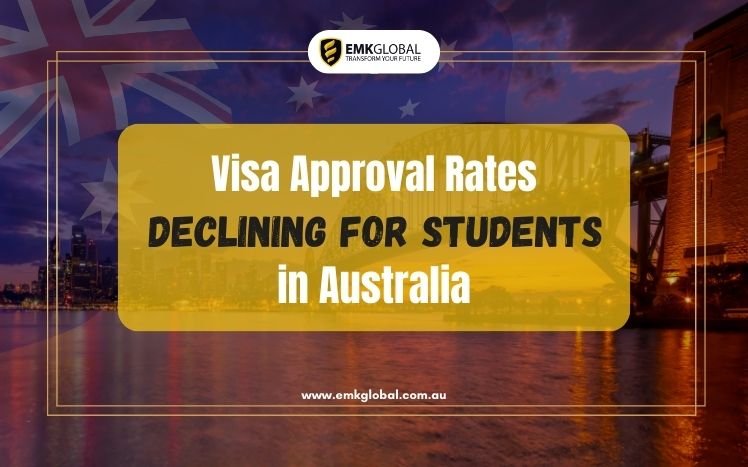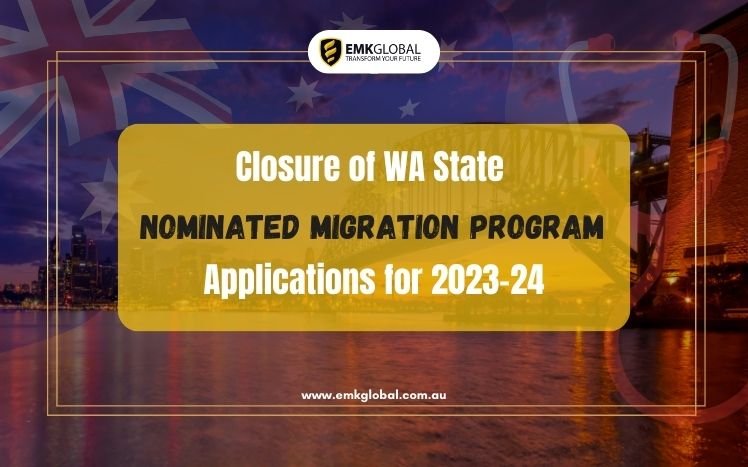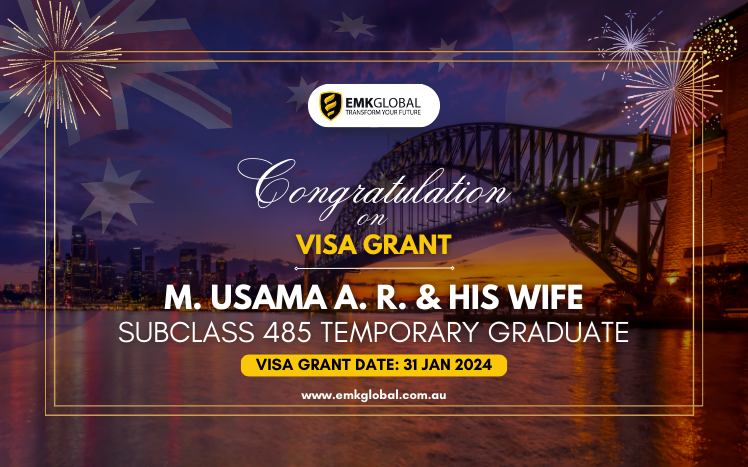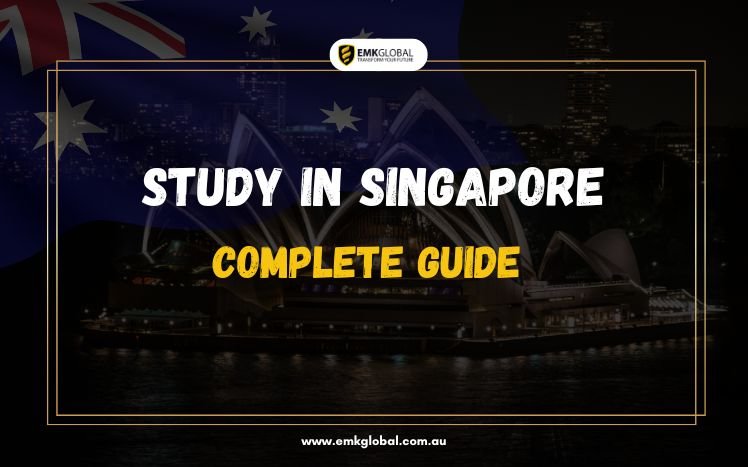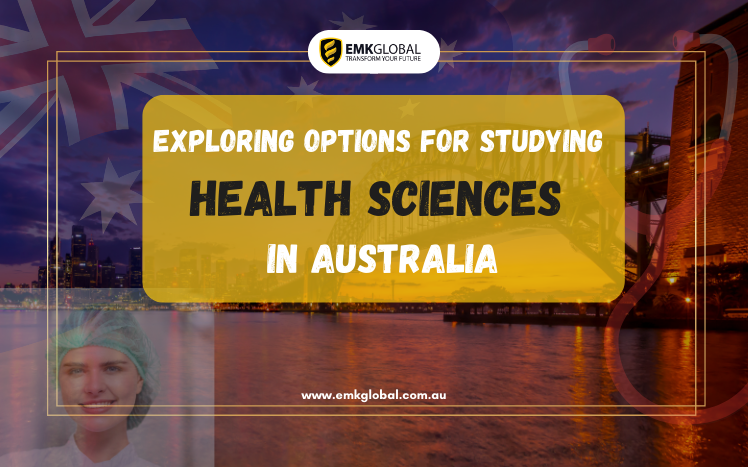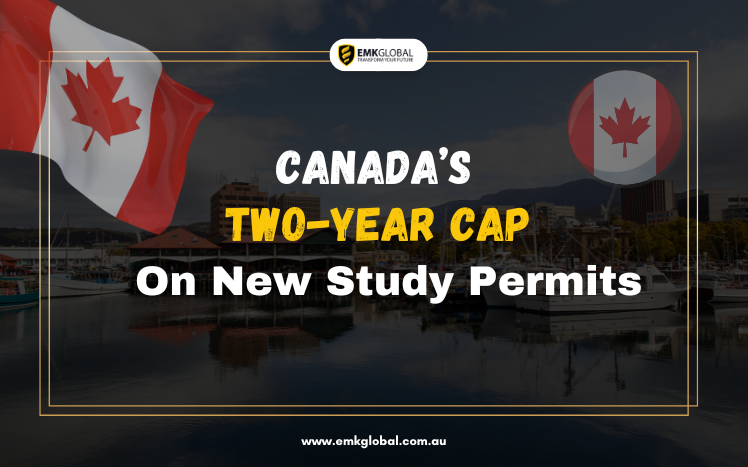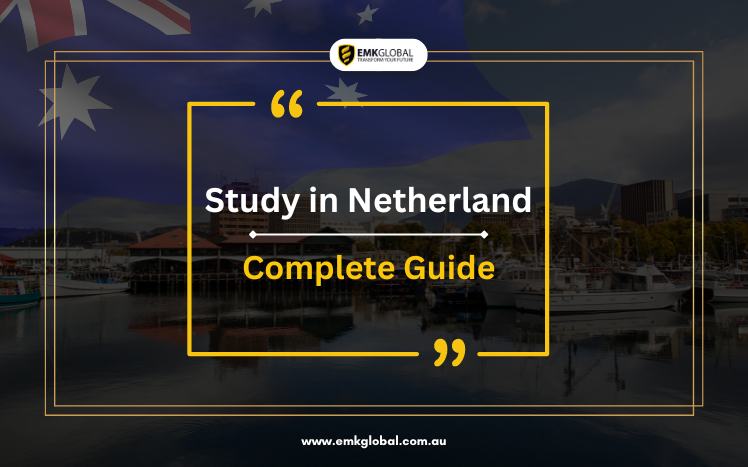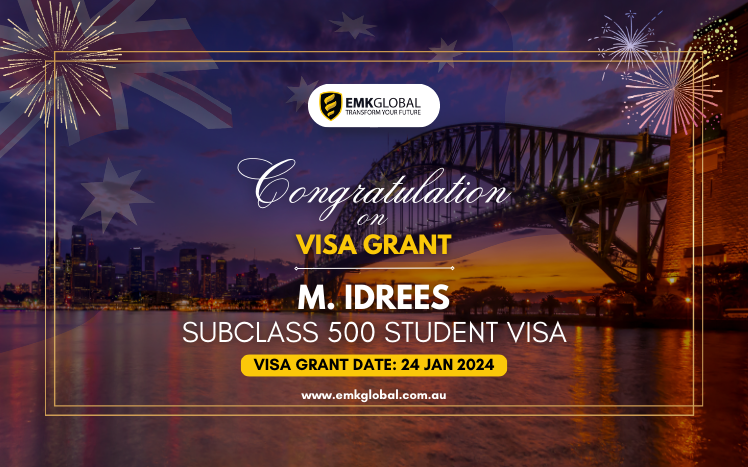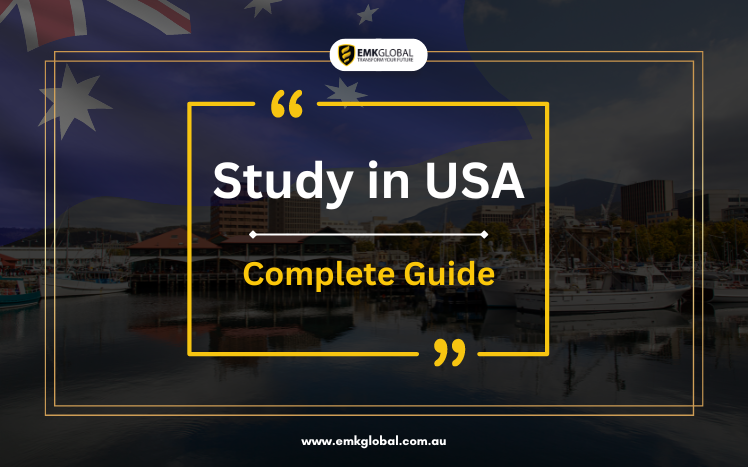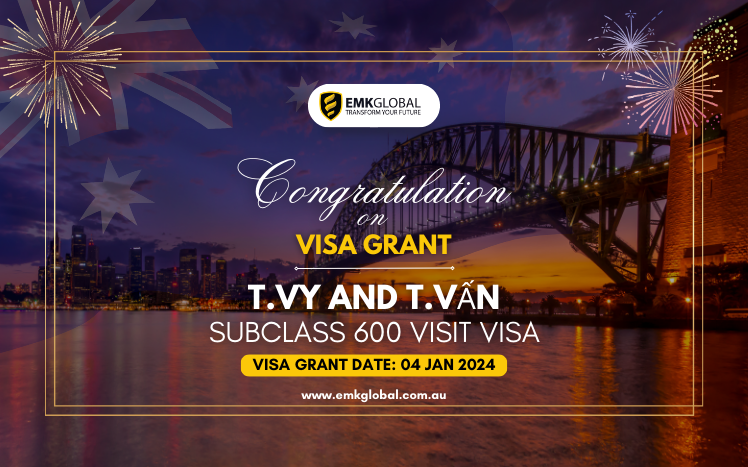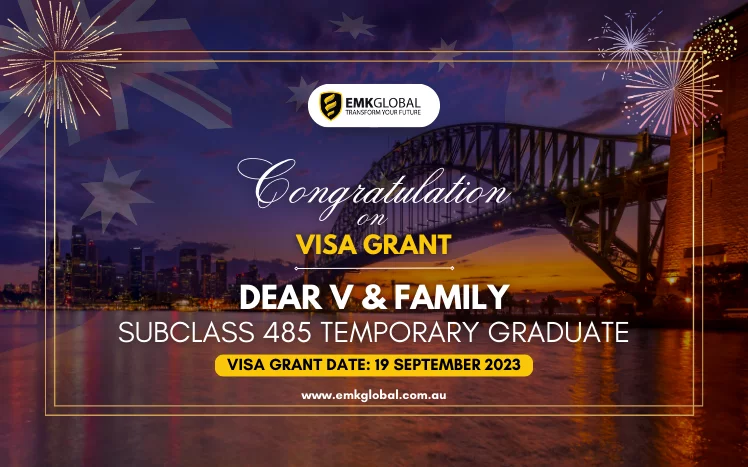Introduction
Australia, renowned for its high-quality international education, is witnessing a shift in visa approval rates that could impact the influx of students in the upcoming academic years. In the first half of the fiscal year, nearly 1 in 5 study visa applications faced refusal, marking a significant increase compared to the past three years.
The Numbers Game
A Surging Rate of Refusals
The Department of Home Affairs data reveals a 19% refusal rate for study visa applications, setting the stage for potential repercussions. If this trend persists, Australia might see a reduction of over 90,000 students entering the country for the 2023/24 academic year—a stark 15% decline from the previous year.
Historical Comparison
To provide context, the refusal rates have escalated over the years: 10% in 2018/19, 8.5% in 2021/22, and 14% in 2022/23, indicating a growing stringency in the approval process.
Unpacking the Refusals
Who’s Facing Rejection?
The Australian government’s immigration overhaul, implemented in the latter half of 2023, has targeted specific groups of applicants. The heightened scrutiny primarily affects students pursuing lower credential levels, such as diplomas. The emphasis now is on students contributing valuable skills to the Australian economy.
New Approval Parameters
Applicants face increased scrutiny through higher English-language requirements and a compulsory “Genuine Student Test.” This test aims to discern applicants with a genuine intent to study, prioritizing those who can contribute meaningfully to the Australian economy.
Impact on Net Migration
A Downward Trend
Australia’s new internationalization approach aims to reduce net migration, aligning with the government’s intention to address issues like affordable housing. Recent data suggests that monthly net arrivals are decreasing, with declining international student numbers contributing significantly to this downward trend.
Global Policy Shifts
Australia joins Canada and the UK in reshaping immigration policies to control the flow of international students. While Canada enforces a cap on study permits, the UK restricts international students from bringing dependents. In contrast, Australia adopts a targeted approach with various adjustments to deter misuse of the system.
Conclusion
As Australia navigates these changes in student visa approvals, the balance between safeguarding integrity and reaping economic benefits remains delicate. The impact on net migration and the broader economy underscores the complexity of policy adjustments in the international education landscape.
Sources
monitor.icef.com
Frequently Asked Questions
Q1: How will the increased scrutiny affect genuine students?
A: Genuine students may face a more rigorous approval process, emphasizing their intent to study and contribute to the Australian economy.
Q2: Are there specific credential levels targeted by the new policies?
A: Yes, lower credential levels, such as diplomas, face increased scrutiny as the government focuses on skills that benefit the Australian economy.
Q3: What measures are in place to tackle integrity concerns?
A: The government is applying additional scrutiny, cracking down on unscrupulous providers, and reinforcing the integrity unit to address rising concerns.
Q4: How do Australia’s policies compare to those of Canada and the UK?
A: While Canada enforces a cap on study permits, and the UK restricts dependents, Australia adopts a targeted approach with multiple adjustments.
Q5: Despite the decline in approvals, what is the economic outlook for the international education sector?
A: The sector continues to make significant economic contributions, surpassing other export categories and expected to break previous records.


